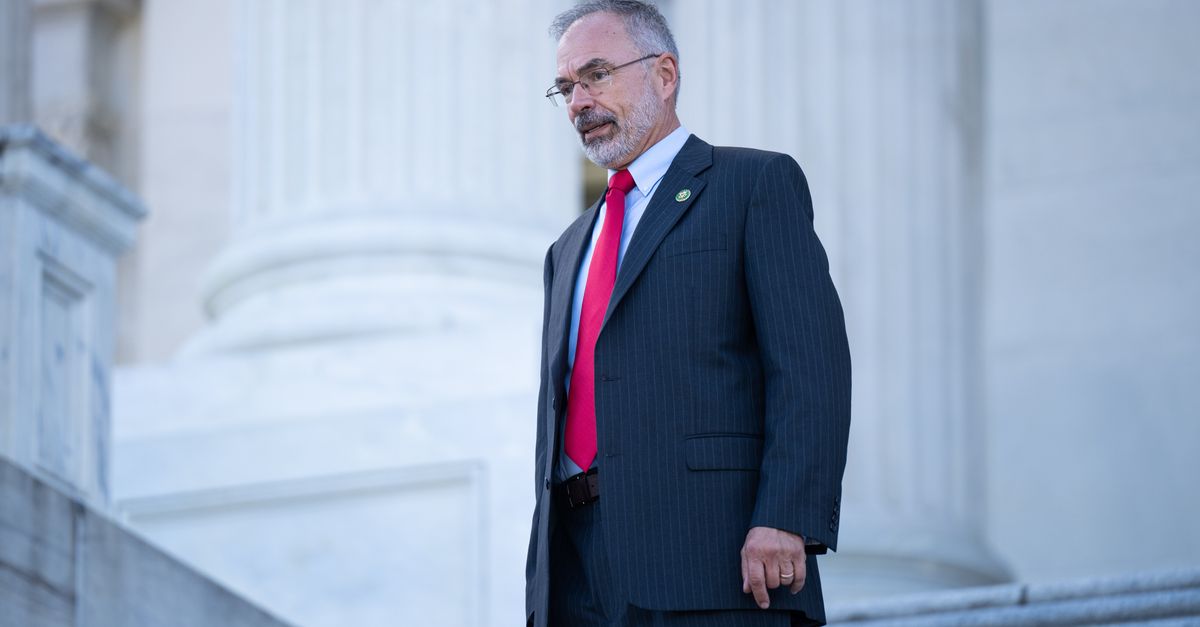Washington, D.C. — A recent House committee hearing focused on the Supplemental Nutrition Assistance Program (SNAP) has sparked a debate over potential restrictions on what foods recipients can purchase with their benefits. The discussion centers on whether limiting the purchase of unhealthy items, such as soft drinks and candy, would better serve the program’s nutritional goals.

Republican Proposal for Healthier SNAP Purchases
House Republicans, led by Rep. Andy Harris (R-Md.), argue that SNAP benefits should be restricted to healthier food options. Harris pointed out that the current system allows the purchase of items detrimental to health, such as soft drinks, which are reportedly the top purchase among SNAP recipients. He emphasized that subsidizing unhealthy foods undermines SNAP’s purpose of improving nutrition for low-income families (House Approps Repubs) (House Committee on Agriculture).
Democratic Opposition and Concerns
Opposition to this proposal comes from Democrats like Rep. Sanford Bishop (D-Ga.), who believe that restricting SNAP purchases is a misguided approach. Bishop highlighted the existing challenges SNAP recipients face, such as disabilities and limited income, which already make it difficult to access healthier food options. He argues that imposing further restrictions could exacerbate these issues rather than resolve them (House Approps Repubs) (House Committee on Agriculture).
Grocery Industry and Expert Opinions
The proposal has also drawn criticism from independent grocery store owners who value the flexibility and choice that SNAP currently provides. Michael Gay, representing independent grocers, stated that the effectiveness of SNAP lies in its ability to offer recipients a wide range of options. However, some health professionals and organizations support the idea of restrictions to promote better health outcomes among SNAP recipients (House Committee on Agriculture).
Future of SNAP in the Farm Bill
The upcoming farm bill will be the next battleground for these proposed changes. As lawmakers debate the funding and structure of SNAP, the program’s future may include significant shifts aimed at enhancing the nutritional quality of the food purchased by its recipients.